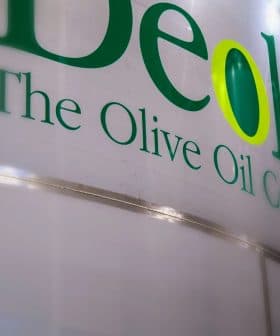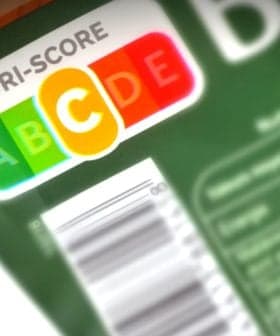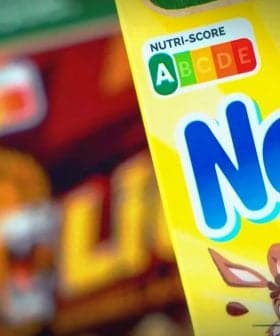In Search of Mislabeled Olive Oil to Make a Buck
Judge Brian F. Holeman of the DC Superior Court denied a motion for summary judgment by a grocery store accused of selling mislabeled olive oil, ruling that the plaintiff’s claim under the DC Consumer Protection Procedures Act was valid despite the plaintiff purchasing the oil for the purpose of filing a lawsuit. The decision opens the door for potential lawsuits against businesses for mislabeled products, even if the consumer did not suffer any actual injury, which could have significant implications for businesses operating in Washington, D.C.

A recent seemingly minor decision by Judge Brian F. Holeman of the Washington DC Superior Court, Civil Division, on a motion (request) by defendant grocery Mohtamar, Inc. for summary judgment is at first glance enough to scare off any interested party untrained in the twists and turns of the Common Law. It is however of considerable importance.
The defendant grocer (among others) was sued by one Dean Mostofi in 2011, for violating the DC Consumer Protection Procedures Act (CPPA) by selling Pompeian brand olive oil mislabeled as ‘extra-virgin.’ Having become aware of the mislabeled oil after reading about the famous 2010 UC Davis Report that named Pompeian as one of the culprits in the extra-virgin mislabeling scandal, the plaintiff promptly bought a bottle and brought an action for ‘injuries suffered.’
Much of the decision is taken up with the question of whether the D.C. statute allows a consumer to sue where he/she reads about a mislabeled product and buys it solely for the purpose of bringing legal action (i.e. whether he/she has ‘standing’) for injuries suffered. This is an important question, as allowing such an action could open the doors to masses of litigious consumers’ actions for any reportedly mislabeled product – an event that could conceivably put any medium size enterprise out of business in record time.
Relying on earlier case law to the effect that a plaintiff has a right “to be free from improper trade practices” and may sue even though he “suffered no judicially cognizable injury,” the Court rejected the defense that the plaintiff “knowingly purchased products that he believed were defective and did so for the purpose of filing a lawsuit,” and was therefore the victim of a “self inflicted injury.” Judge Holeman stated:
“No precedent establishes that the Court must apply a “good faith” standard to the actions of a plaintiff in order to find that the standing requirement has been met. Further, Plaintiff does not need to demonstrate that he suffered any physical, emotional, or monetary injury (emphasis added); an actual or immediate statutory violation is sufficient to establish an injury-in-fact,” (p. 5) and held that: “The dispositive consideration is that Plaintiff is a consumer who engaged in a consumer transaction. This transaction is protected by the CPPA.” (p. 6)
Rejecting (in part) the motion for summary judgment, Judge Holeman left the questions of whether the consumer’s ‘reasonable expectation’ has been violated, and whether he/she can prove by “clear and convincing evidence” a claim of intentional misrepresentation under the CPPA, to be decided at trial.
It might be noted, that Pompeian, an importer and bottler of olive oil based in Baltimore, was the only to attain the USDA Quality Monitoring Program logo for its extra virgin and organic oils, after olive oil was added to the USDA’s list of eligible products. This should logically render this particular lawsuit moot, but the encouragement this decision provides to further vexatious litigants represents a real danger to all producers who choose to do business in Washington, D.C.









